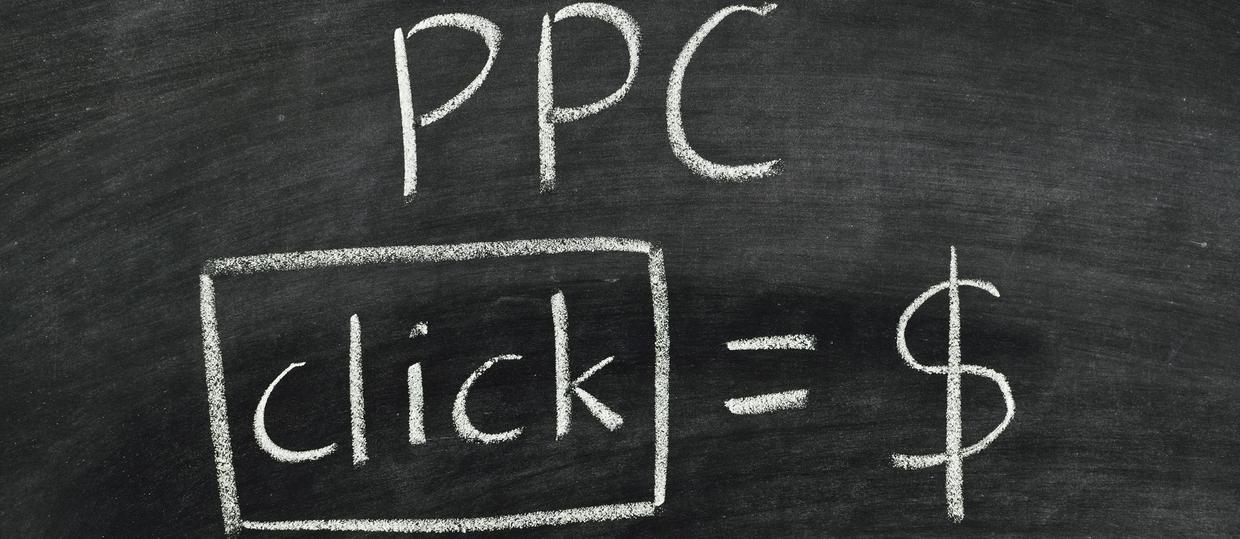Affiliate Marketing & Brand Compliance Insights: COVID and beyond



Affiliate marketing is a multi-billion industry that has continuously and significantly grown year by year since its inception in the late 90s. From the arrival of Amazon Associates to the dot.com burst, the sector has experienced many changes. Over the last year—marked by a global pandemic—we saw shifts in buying patterns that had both positive and negative ramifications for the future of the affiliate marketing industry.
In 2020, companies notably reduced their affiliate marketing budget or even put their affiliate programs on hold. This was particularly true for the travel and tourism industry which was hit hard by pandemic restrictions (travel restrictions & lockdowns) and faced a staggering $935 billion loss. The majority of travel companies, such as Expedia, Travelocity, and Booking.com among others, either reduced their commission rates and/or paused their affiliate programs completely. Travel bookings that had been reserved before the pandemic were canceled, which meant previous transactions from publishers were also canceled. Those publishers who spent money advertising those transactions ended up losing money as well.
On the upside, however, the shift to e-commerce accelerated. We saw more transactions coming in from home and décor merchants as users began to spend more time indoors and pay more attention to home improvement. In fact, this trend was reflected in the stock market—prices for companies such as Home Depot, Lowes, Restoration Hardware and Overstock rose. Another category that thrived was health and wellness, with more people buying exercise equipment and supplements as well as investing in mental health products. As lockdown and social distancing endured, people sought ways to cope, which translated to an increase in traffic and conversions for affiliates in the health niche.
Despite the uneven distribution in web traffic, affiliate marketing is still one of the most affordable marketing channels because merchants pay per lead or per transaction, which is a safe and cost-effective bet compared to other channels during the current crisis, especially for companies with limited budgets.
The affiliate marketing industry’s business module has allowed it to flourish, but there is still room for improvement when it comes to compliance matters. Transparent partnerships and transparent marketing practices within such a collaborative channel are crucial to further growth. At Evet, we took up this challenge by building a PPC Search and Compliance Monitoring solution, Evet Guard, for one of the biggest concerns in this sector.
Paid Search Marketing is an important channel for Affiliate Marketers, and if we look back to the origins of affiliate marketing, we can better understand how it has grown through the help of paid search.
PPC Marketers and Organic Search Engine Marketers had an especially big influence on affiliate marketing in the late 1990s and early 2000s. Back then, when PPC marketing was still very new, the rules and policies created and enforced by major search engines were looser. Running a paid search campaign or getting ranked under generic terms at that time was easier and less costly than it is today, and there were far more opportunities to generate high sales. One prominent example was Google AdWords allowing advertisers to run multiple ads listing the same display URL and destination URL on the SERP of certain keywords. This policy meant bidders who bought multiple ads could direct all of them to the same place, and users looking at the SERP would be taken there no matter which ad they clicked. You didn’t even need to have your own website—you could simply send traffic from Google AdWords to the Affiliate Retailer website with a redirect link. SERPs were filled with identical Ad Copies, and affiliates were more concerned about obtaining higher commission rates from retailers in order to bid higher on trademark terms, ultimately to grab more clicks from a search campaign. In 2005, however, Google rolled out massive changes to their ad policy, and since then, only one ad per URL, per search term has been allowed.
Another early PPC compliance policy was that affiliates could not use the term “Official” in their ad copy. This was implemented because so many ads had similar ad copy that users often relied on the “Official” label to differentiate between them and determine which belonged to the retailer. Indeed, one could receive up to 10% higher CTR just by using the term in their ad copy. There were many unknowns, affiliate marketers were new, and everyone was trying to figure out the best practice. It is still fair to say that PPC marketers then generated greater value for retailers than they do today. Because the low CPC rates and lesser competition allowed PPC Affiliate marketers to bid on not only branded terms but also generic terms and even competitor terms and send the traffic directly to the Retailers pages and they were able to see what type of conversions to experience from a wide variety of keyword groups.
The growth of the affiliate sector has predominantly come from PPC Marketers, Organic Search Engine Marketers, Domain Marketers, Toolbars, and Email Marketers who have created new compliance policies. And we’ll cover all this in future Bridge articles.
The question for today’s affiliate marketers is what type of value they should expect from PPC search affiliates, and what ideal PPC policies they should implement. It’s better to find the right way to work with affiliates than to lose an important marketing channel because of conflict with them. If a brand understands what’s going on behind the scenes and has the appropriate tools and applications to support their decision-making, they can make choices beneficial to growing their affiliate program. This is actually how we at Evet Guard grew! Evet Guard helps affiliate marketers make the right PPC policy decision by providing information that allows them to monitor the Search Space. We want to bring more transparency and a wider selection of compliance products to the digital marketing sector because the more we know, the less scared we’ll be and the better decisions we’ll make. We also know that the less you worry about compliance, the more time you have to pursue creative ideas, engage with your publishers, and develop your affiliate channel.


